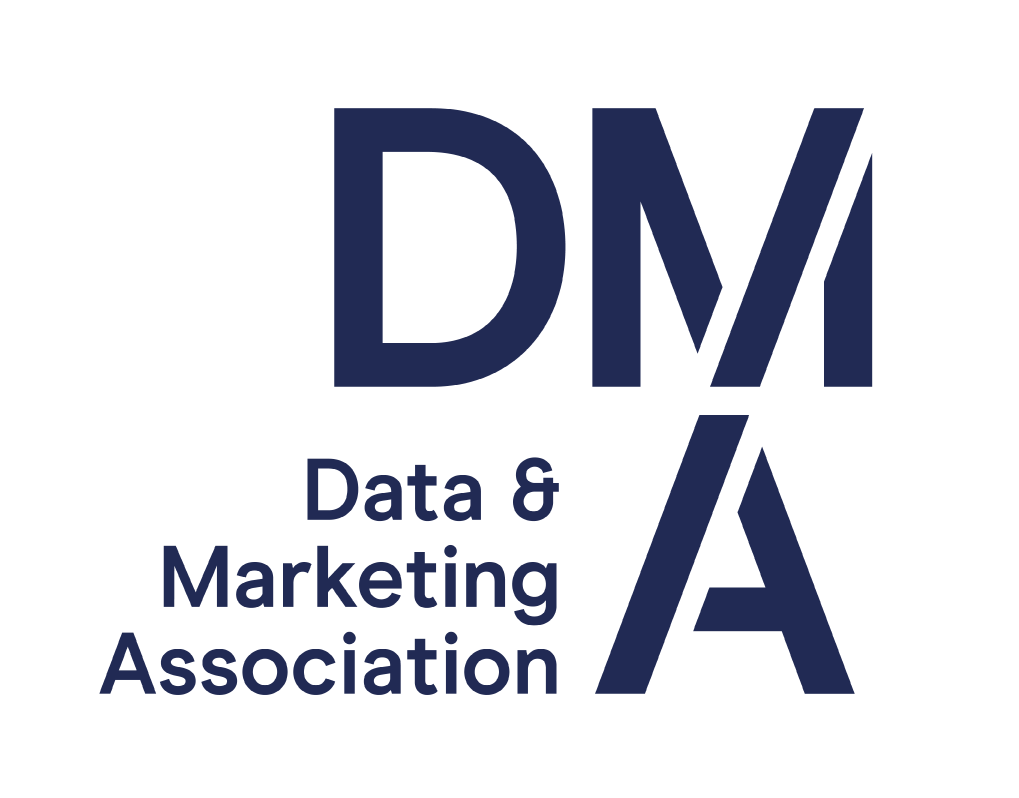Why marketing channels donât matter
03 Feb 2012

As marketers, we tend to take a channel-centric view, with social media and email fighting it out over which has the biggest influence. The truth is we don’t matter. Our messages don’t matter. Our channels don’t matter. Relevance is in the eye of the beholder. And we’re not the beholder – the customer is.
Social media, the early years
When social media started to become ‘big’, a new species was born: the social media expert, also known as pundit or guru. Many of them had a PR or blogging background and few had a digital marketing history. This new breed of opinion makers, blinded by personal branding and influence scores, rapidly started shouting that the end of traditional digital marketing had arrived. Email was dead, blogging would follow and advertising was doomed.
As we all know, history has a tendency to repeat itself. In no time social media got siloed and nicely divided into the organisational structures we have known for ages. The battle for the ownership of social media could start. ROI became return on influence and key performance indicators changed overnight.
Social media vs email
The classic black-and-white thinking we are so often guilty of raised debates that would last for years whereby the ‘old’ and the ‘new’ channels were seen as enemies of each other. It wasn’t only so in the minds of the social media pundits. Some email service providers saw social as the enemy of email.
In those days, I started writing about how channels reinforce each other and today, it seems that most businesses discovered that interaction channels indeed cross-fertilise each other. You still notice the occasional ‘email is dead’ opinion. It’s always good for debates and gazillions of mentions on social networks. Ironically, these useless discussions have added to what we call ‘social media noise’ nowadays. Spam, anyone?
The trouble with being channel-centric
Today I realise I was completely wrong to talk about the integration and mutual strengthening of channels. I plead guilty. I got caught in what I had sworn would never happen to me again: a channel-centric vision.
Channels don’t live. Cross-fertilisation is not about the inherent capabilities of communication channels, nor is conversion.
We have massively fallen into the trap of a channel-centric vision with the never-ending avalanche of news and opinions on media, networks and online. And we forgot that marketing is not about that.
Be relevant, be customer-centric
A customer-centric approach, which is the only approach that really works, is by definition cross-channel and increasingly channel-agnostic. Obviously, we still need people in our businesses who understand the specifics of various marketing tactics and channels. Yet, we cannot continue to repeat the same errors and put everything in silos.
A single customer view is a must. As are cross-channel metrics and a customer-centric approach that is, by definition, preference-driven instead of permission-based.
When it boils down to optimising conversion, regardless of the channels, there is one thing that matters: consistency and relevance across all touch points. To achieve that and maintain value and what Bryan Eisenberg calls ‘scent’, one of the pillars of conversion, we must look at every interaction a (prospective) customer has with our brand. Online and offline.
It is only by looking at each single touch point, direct and indirect, that we can succeed in offering great experiences and, doing so, achieving best conversion possible.
We don’t matter. Our messages don’t matter. Our channels don’t matter. Relevance is in the eye of the beholder. And we’re not the beholder.
J-P De Clerck, customer-centric marketing strategist. Follow him on Twitter @conversionation. He is also founder of the Fusion Marketing Experience congress. The next one is on 3 and 4 May. Speakers include Bryan Eisenberg, Kristin Zhivago and our own Kath Pay.
You can find more articles like this from the Email Marketing Council via 

 .
.





Please login to comment.
Comments